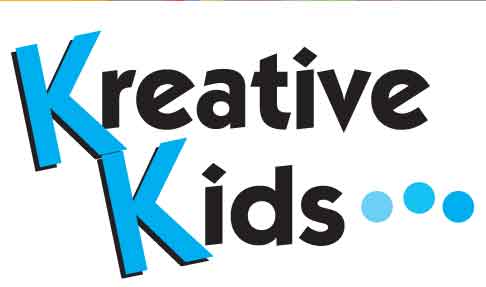Get the Best Family Activities
Dr. Reilly recommends parents pay close attention to the following three behaviors:
If the deterioration in mood or behaviors is noticeable for more than two weeks, this could be a strong indicator that your child is depressed. It’s normal for there to be fluctuations in a teen’s mood, but generally there is improvement after a day or two.
Depression often shows up in pronounced anger, irritation, or sadness in teens. If you notice changes in a teen’s sleep schedule, eating habits, alcohol or drug use, and a withdrawal from peers this could signal depression. Be extremely alert if a child talks of hopelessness, worthlessness, pain, and mentions suicide.
A noticeable shift in how a teen is functioning in everyday activities. Has her school work taken a turn for the worse? Does she still keep in touch with her friends? These problems could be an indicator that a teen is suffering from depression and not just reacting to a certain situation.

What to do if You Suspect Depression
Thankfully, if a parent is worried that a child is suffering from depression, plenty of help is available. The first and most crucial step is understanding your child has a medical problem. It is not something to be ashamed of, and it’s not your fault—nor your child’s. Seek counsel from your family doctor, ask the school psychologist for referrals to therapist, and educate yourself at the American Psychological Association’s site. Take what you learn about depression to intervene and monitor a child’s activity to stay on top of the depression.
While most teens are not clinically depressed, especially to the point of being suicidal, a lot of teen behaviors can send mixed messages and bring worry to parents. That’s why all parents of teenagers should have a good understanding of what’s typical and what isn’t. Taking the extra time to address a child’s depression might keep our child from becoming another statistic.










